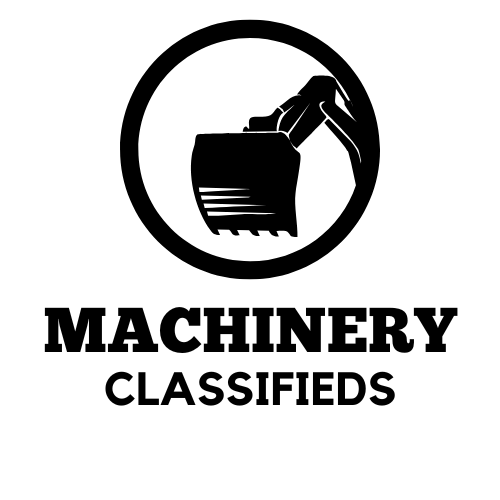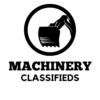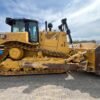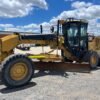
What to look for when buying used Machinery
What to Look for When Buying Used Machinery
Purchasing used machinery can be an excellent way to save money while still getting high-quality equipment. Whether you’re expanding your business, replacing old machines, or looking for a cost-effective solution, buying used machinery comes with significant advantages. However, it also requires careful consideration to ensure you’re making a sound investment. Here’s what to look for when buying used machinery to ensure it meets your needs and remains reliable for years to come.
1. Condition and Maintenance History
The condition of the machinery is the most important factor to consider when buying used equipment. Look for detailed records of the machine’s maintenance and repairs. Well-maintained equipment can last much longer and perform better than machinery that hasn’t been properly cared for. Check for signs of wear and tear, rust, oil leaks, or any damage to key components like the engine, transmission, and hydraulics.
2. Hours of Operation or Usage
Just like mileage on a car, the number of hours a machine has been used can give you an indication of its wear and overall lifespan. While used machinery with fewer operating hours may be priced higher, it could be a better long-term investment. Machines that have been used heavily may require more immediate maintenance or repairs. It’s essential to balance the price with the expected lifespan based on usage history.
3. Brand and Model Reputation
Certain brands and models are known for their reliability and durability, while others may have a reputation for frequent breakdowns. Do some research on the brand and model you’re interested in to understand its track record. Popular, well-established brands often have better resale value and easier access to replacement parts, which can save you money down the line.
4. Inspection and Testing
Before making a purchase, it’s crucial to inspect the machinery in person or have a professional inspect it for you. Test the equipment to check how it performs under load and ensure all systems are working as expected. Listen for unusual sounds, vibrations, or performance issues. Inspect all safety features to make sure they are functioning properly, as your safety is paramount.
5. Original Manufacturer’s Specifications
Ensure that the machine you’re considering still meets the original manufacturer’s specifications. Verify the model, serial number, and year of production to confirm that it matches the listing. This step is also important for verifying the machine’s remaining warranty or eligibility for recalls.
6. Price vs. Market Value
Always compare the asking price to the machine’s market value. While a great deal may seem tempting, it’s important not to overpay for used equipment. Research the typical prices for similar models based on age, condition, and hours of use. If a price is too good to be true, it could be a red flag.
7. Parts and Service Availability
When purchasing used machinery, ensure that spare parts are readily available for the specific make and model. Machines that are no longer in production or have limited parts availability can result in costly and time-consuming repairs down the line. Opt for machines with a strong support network and accessible parts.
8. Seller Reputation
Always buy from a reputable seller with a track record of transparency and customer satisfaction. Check reviews, ask for references, and verify if the seller offers any warranties or guarantees. A trustworthy seller should provide you with full transparency regarding the equipment’s history, condition, and any previous incidents that may affect its value.
9. Inspect Tires, Tracks, and Other Wearable Parts
For many types of machinery, tires, tracks, and other wearable parts can be among the first components to wear down. These parts can be expensive to replace, so inspect them thoroughly. Check for uneven wear, cracks, or damage that could affect the machine’s performance.
10. Legal and Environmental Compliance
Ensure that the equipment complies with local regulations, including environmental standards. Check whether the machine has been modified in any way that might affect its compliance with emissions standards or safety regulations. Non-compliance could result in fines, additional costs, or limitations on usage.
Final Thoughts
Buying used machinery can be a great way to get the job done while keeping costs down, but it requires careful attention to detail. By thoroughly inspecting the equipment, verifying its history, and ensuring it’s a good match for your needs, you can make a confident purchase. Take your time, do your research, and don’t hesitate to ask questions—this way, you’ll be equipped with the right machine for the job and avoid unexpected costs down the road.
Purchasing used machinery can be an excellent way to save money while still getting high-quality equipment. Whether you’re expanding your business, replacing old machines, or looking for a cost-effective solution,










